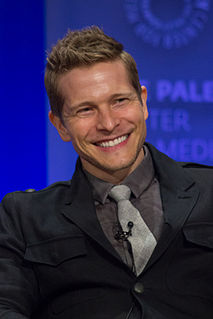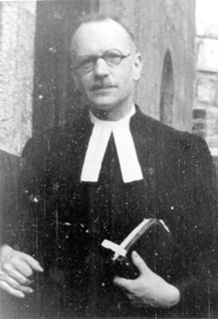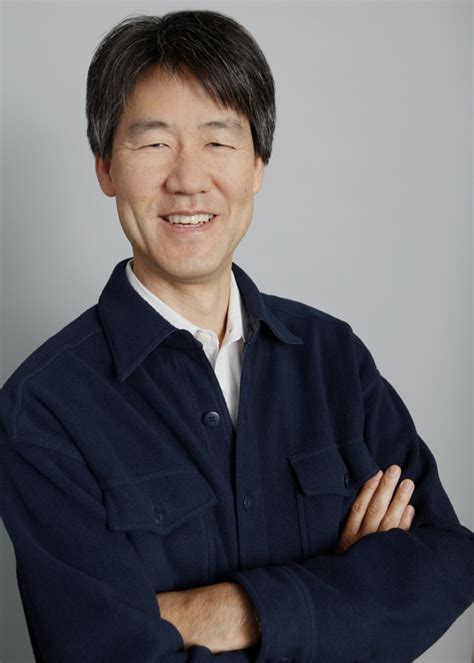A Quote by Michael Ondaatje
I've always loved history and history is collage, it is a juxtaposition of the good and the bad and the strange, and how you place those sentences together changes the whole mood of a history.
Related Quotes
You are doing something over here and over there someone is telling you a joke, or giving you an important piece of information about sanitation, and no matter how weird the other subject is, there is a connection, or you can make a connection. I’ve always loved history and history is collage, it is a juxtaposition of the good and the bad and the strange, and how you place those sentences together changes the whole mood of a history.
If, in schools, we keep teaching that history is divided into American history and Chinese history and Russian history and Australian history, we're teaching kids that they are divided into tribes. And we're failing to teach them that we also, as human beings, share problems that we need to work together with.
I am opposing it with an idea of the history of philosophy as a history of philosophers, that is, a history of mortal, fragile and limited creatures like you and I. I am against the idea of clean, clearly distinct epochs in the history of philosophy or indeed in anything else. I think that history is always messy, contingent, plural and material. I am against the constant revenge of idealism in how we think about history.
The reason for teaching history is not that it changes society, but that it changes pupils; it changes what they see in the world, and how they see it.... To say someone has learnt history is to say something very wide ranging about the way in which he or she is likely to make sense of the world. History offers a way of seeing almost any substantive issue in human affairs, subject to certain procedures and standards, whatever feelings one may have.






































